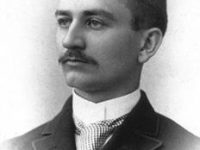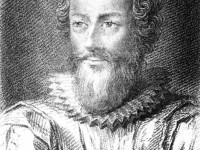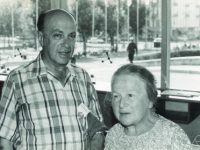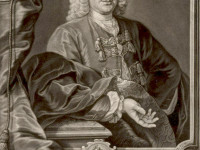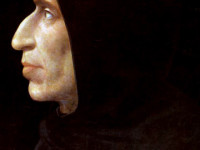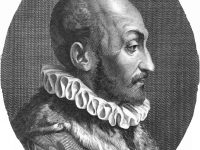Herbert Henry Dow – Chemist and Industrialist
On February 26, 1866, American chemical industrialist Herbert Henry Dow was born. Dow best known as the founder of the American multinational conglomerate Dow Chemical. He also was a prolific inventor of chemical processes, compounds, and products, and was a successful businessman. Herbert Henry Dow – Early Years Herbert Henry Dow was born in Belleville, Ontario, Canada, the eldest child of Americans Joseph Henry Dow, an inventor and mechanical engineer, and his…
Read more

